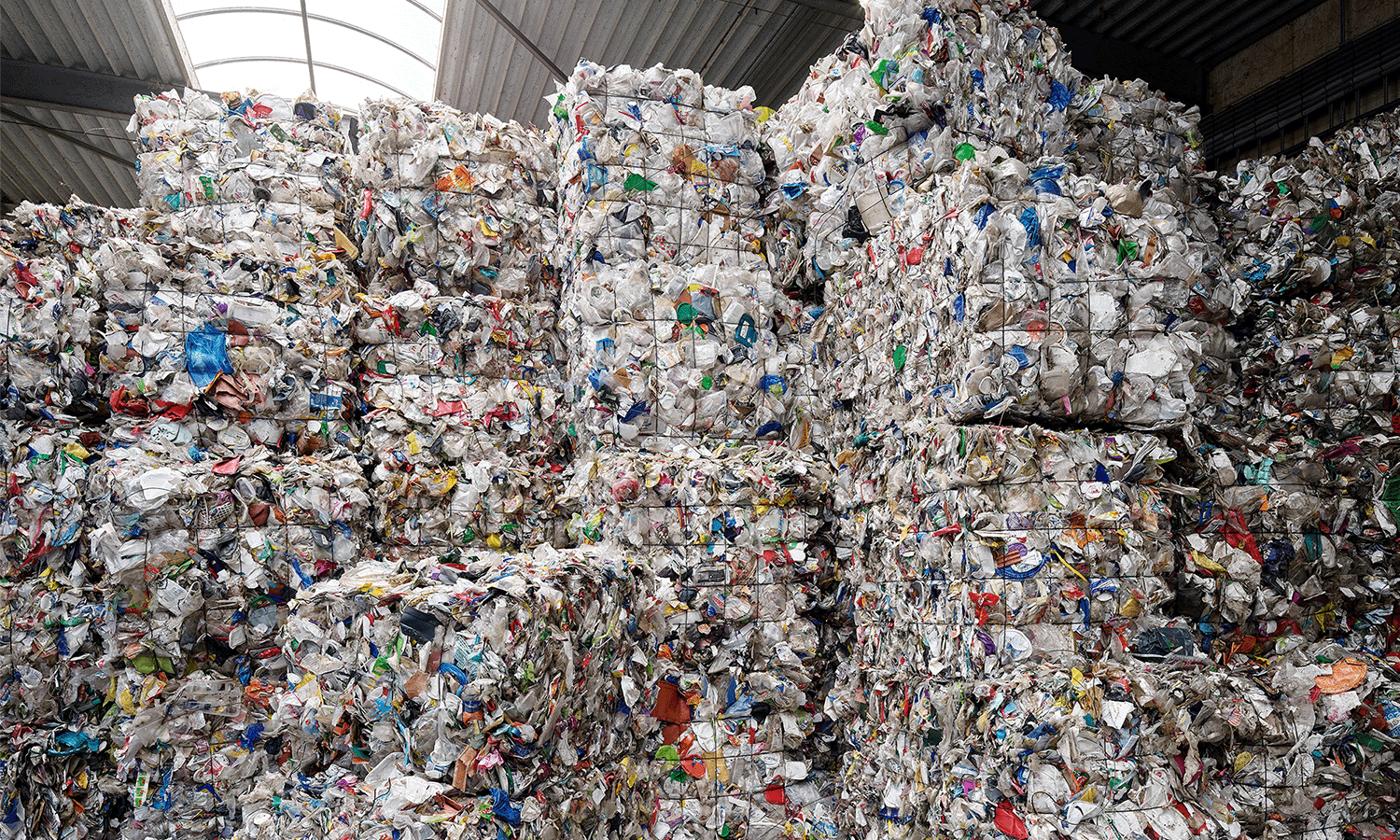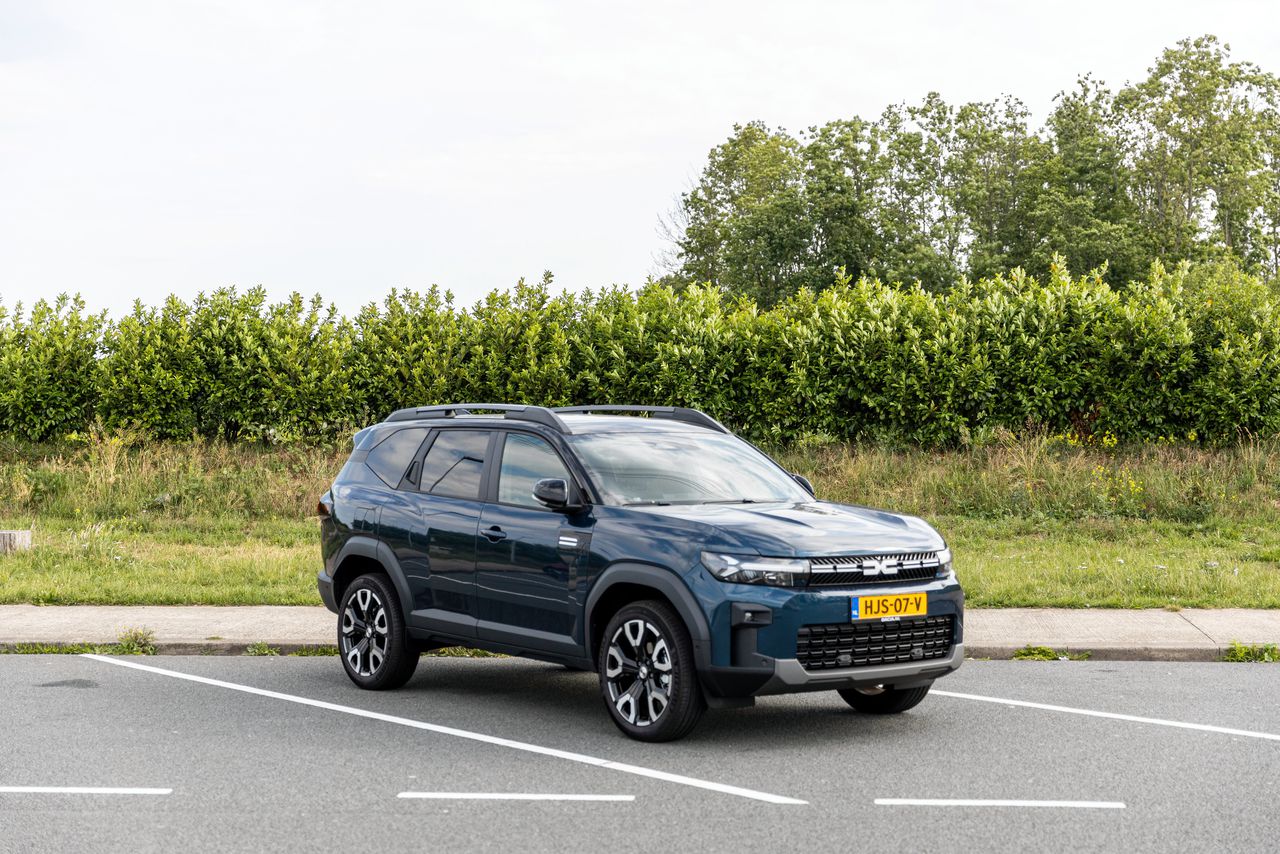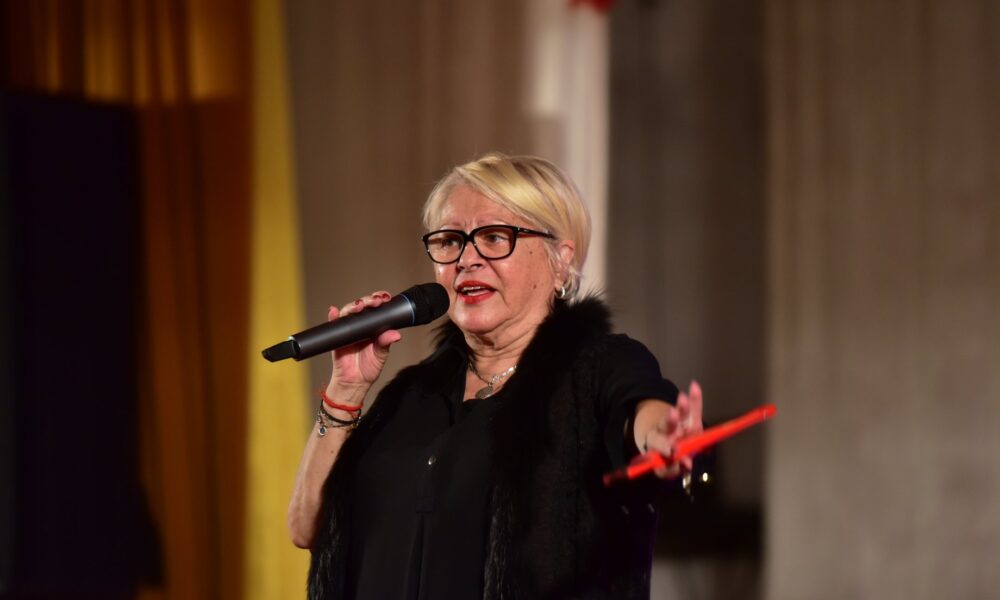‘Further sustainability requires courage from politicians, no fear’

Jan Willem van Hoogstraten still remembers the optimism well. It was at the beginning of 2016 and he was about to start as director of Energie Beheer Nederland (EBN), the ‘vehicle’ with which the government has been taking interests in what it sees as important energy projects for decades. And shortly before, the Historical Climate Agreement of Paris was concluded.
« Almost everyone was convinced that we were going to get it done. That we were going to make our energy supply more sustainable, and we would limit global warming to a maximum of 1.5 degrees. »
In the meantime, the reality is that the 1.5 degree border was already passed last year, he says, in his office space in The Hague. And the optimism and the feeling of unity have disappeared in many people. In these ‘tumultuous’ times, countries are even opposite each other, according to Van Hoogstraten. And politicians only finish everywhere, or even weak climate policy. « We were perhaps a bit naive. »
It is better to produce our own gas as much as possible and buy as little as possible from Trump
‘Detelection is not possible’
Van Hoogstraten is worried, although he still sees many things going well. He does not want the sentiment to turn further, and everyone will soon think « that we can really postpone sustainability for a while. Our worries should only get bigger. You cannot avoid climate change. »
He seizes the publication of the annual report of his organization last week to make a call to politics and the business community. He has to put a shovel on top, he says. « Dare to be courageous, and not to be guided by fear. »
According to him, the Netherlands has arrived in a phase of the energy transition in which it must come to a large part of the government. « Because the market is no longer possible at the moment. The risks are too great for that. »
And his company can help with that, he believes. Because EBN is already playing, without many people knowing it, a key role in the Dutch energy world. Previously, on behalf of the State, it was together with Shell and ExxonMobil in Megagasveld Slochteren in Groningen, which was finally closed last year because of the earthquakes. And in addition, it has interests in the underground co2-Storage projects Porthos and Aramis, off the coast of Rotterdam, and takes part in numerous small and larger natural gas extraction projects in the North Sea. EBN is also active in the field of geothermal heat.
At the same time, these are also solutions that not everyone is positive about. There is resistance to the storage of co2because it would remove the stimulus for polluters to really make it more sustainable. The continuous gas extraction in the North Sea is also not undisputed. But according to Van Hoogstraten this will have to happen. Because the other options are limited. « It can’t be otherwise. »
Why your call? Is politics back in?
“This cabinet is serious about reducing the CO2-Ill, I think. But we have to hold on now, not delay. We are in a difficult phase. That requires more courage than before. «
The government must take more ‘public control’, you can find. What do you mean by that?
« EBN is already taking interests in many energy projects, to » hunt them « . We would like to do that more. At Co2-We are involved in storage projects, we participate in Porthos, and a much larger project, Aramis, together with Shell, Total and Gasunie. If it concerns large -scale, collective generation of warmth, we would also like to do more.
We develop from a traditional participation society to a public energy company. We are already partly, in the field of gas. With gas extraction in the North Sea we generally take interests of 40 percent. There is now a law in the making (Act combating the energy supplement crisis) that EBN must enable to take even more interest in exceptional cases, up to 85 percent. If the market does not dare, the state must do it. »
It is better to produce our own gas as much as possible and buy as little as possible from Trump
So through state -owned companies like yours?
« This is a collective problem, so it seems logical to me that we also tackle this collectively. We are not there to frustrate the market. Our role can be temporary. If there is trust in the market again, we take a step back. »
The market can’t do it itself?
« Normally the market works super efficiently, but if it is not entirely clear which way it goes, private parties hesitate. They are confronted with risks they have difficulty estimating. »
A number of your projects are not undisputed. Opponents of gas extraction say that we have to get rid of fossil energy as quickly as possible.
« Yet this is necessary. Since the energy crisis it has become more important that energy is also affordable, and we have enough. With wind and sun you do not get there. We are still dependent on natural gas for a while. What is the alternative? Getting gas from Russia again? Sustainability has to go hand in hand with affordability and energy breach.
The unrest in the world only gets bigger. Trump has unleashed a trade war. Being dependent on American gas makes us vulnerable. It is better to produce our own gas as much as possible and buy as little as possible from Trump. American gas is also ‘dirtier’ than our own gas, because it must be transported all the way here. «
There is also criticism of CO2 storage.
« I understand that, but this is about combating climate change. Electification is not going to lead to sufficient reduction fast enough, because it is only a limited part of our energy system – the rest consists of fuels. For other solutions, such as hydrogen, we need more time. So you have to do it that way. We don’t have a choice. »
Does the gas field in Slochteren also have to open again, do you think?
« I am not about that, but society has made a decision to close that field, and I fully support that. If you cannot win gas safely in Groningen, you should not do it. »
Did too much look at electrification?
“The idea was long: if we put solar panels on our roofs, everything will be fine. But you can’t just electrify everything, certainly not the industry. That is a simplification of the challenge. Network companies have indicated two years ago that the electricity grid should be four times larger than now. That will be our Qua Manking, Finance and Materials in the Netherlands. worldwide needed. ”
You argue for more realism?
« I recently heard someone say: we have to from ideology to realism. I think we have always had that realism at EBN. We have never acted alone from ideology. »
How do you know for sure that your solutions work? Isn’t that also ideology?
« You can see what the problem is. If you know that 44 percent of your energy demand is heat, and 89 percent of it is generated with fossil sources again, then you have to try something there. You have the most impact there. That is difficult with electricity, also because the power grid is full. So I think you have to put more gain of geothermal on the ground). In the Netherlands, we have done a lot of underground research and there is a reliable and affordable source for billions of euros.
I still think that the energy transition can be made. But it turns out to be a lot more complicated than we thought
Do you understand that politics sometimes hesitate? Isn’t it difficult?
« Of course. You can only spend every euro once. But doing nothing is not an option either. »
And of course you don’t know exactly what will fly and what not. It is sometimes grabbing in the dark, you say that yourself.
« Yes, that is true. In 2015 we had the feeling that the energy transition was ‘made’. I still think it can be made. But it turns out to be a lot more complicated than we thought. »
You say that you act from the public interest, but in Groningen there are also people who see your organization more as a commercial company. EBN had a great importance in Slochteren and gas extraction continued for a long time, despite the earthquakes.
« EBN has no commercial interest. Every euro that EBN earns goes to the state. Let’s be clear about that. »
Yes, but for the state that income is important, so it likes it if you make money? Isn’t that the same?
« For us, working with the environment is a very important starting point. We are now doing a lot of drilling to see if there are opportunities for geothermal heat. We have asked the environment how they think we do it. We get a very high score. »
Where are we in another ten years?
« I am very optimistic about that. I think collective heat solutions have had a huge boost and the latest gas reserves have been developed. I also think we are further with hydrogen. And the Netherlands will be on a large scale2 Save, also for Belgium and Germany. We have already achieved a lot, and we can reach even more. If we continue. »
Read also
How are the energy transition going? Each party waits for someone else to do something

/s3/static.nrc.nl/images/gn4/stripped/data133311162-89da16.jpg|https://images.nrc.nl/0GhfYXflp44vL8qLyvwS0lBuz-I=/1920x/filters:no_upscale()/s3/static.nrc.nl/images/gn4/stripped/data133311162-89da16.jpg|https://images.nrc.nl/eiTEPfNVErZvLkKwpzeS_a75FXk=/5760x/filters:no_upscale()/s3/static.nrc.nl/images/gn4/stripped/data133311162-89da16.jpg)

:format(webp)/s3/static.nrc.nl/bvhw/files/2023/05/data98607874-e1791d.jpg)



